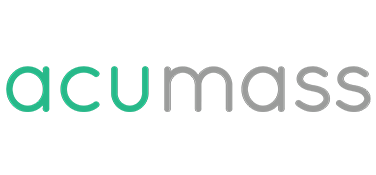
11 Sep Net Neutrality and the ‘Internet Slowdown’.
‘Net Neutrality’ has been an issue on the tip of everybody’s tongue since January when a US Court of Appeals ruling found that broadband providers were under no obligation to ensure all internet traffic was treated equally. Following this sobering realisation the Federal Communications Commission swooped in this May to make a proposal which could very well mean a choke-hold for internet users in the sense that unless they shell out on potentially ludicrous charges for prioritised data delivery their access will slow to a painful crawl. It seems the FCC weren’t being aggressive enough with regulations that protect internet users from broadband companies who now consider internet users as not only consumers but content providers too (which is the entire magic of the internet) and these broadband companies want to capitalise on January’s findings and charge people accordingly, creating a sort of class-ism to mirror the ‘offline’ world. Without proper regularisation the end of the open internet, accessible to everyone who can get their hands on a device will find innovation at an all time low completely saturated by domineering large company content.
We live in such an intensive, progressive age because of the internet, access to information is equally available to everyone, we are more educated than ever thanks to the freedom of information which the open internet grants us and any threat to that access is detrimental to the people. It is immoral to unfairly capitalise upon such an integral tool for collective consciousness.
The main fear when it comes to this situation is the temptation for large broadband providers to create fast and slow lanes for users depending on paid fees. The FCC maintain that this could only be a possibility if the arrangement was ‘commercially reasonable’ but there is no definition of what ‘reasonable’ means.
Yesterday saw some of the biggest websites we know and love hosting proverbial ‘Spinning wheels of doom’, these loading symbols featured on the landing pages of popular sites such as Netflix, Mozilla, Upworthy, Etsy and Reddit and served to inform the general public that their online freedom is in jeopardy right now. All traffic to protesting websites was invited to be redirected to informational websites such as this one in order to add their names to the growing petition against the FCC proposal.
We have no idea yet what sort of affect yesterday’s demonstration might have caused, and we also have no estimate on when the FCC will come to some conclusion but it is a positive sign that the FCC were open to hearing from the public about this issue. No matter what decision is eventually reached regarding the regulations you can be sure that this debate will be a lengthy one.
Check out the actual infographics made available on www.battleforthenet.com


